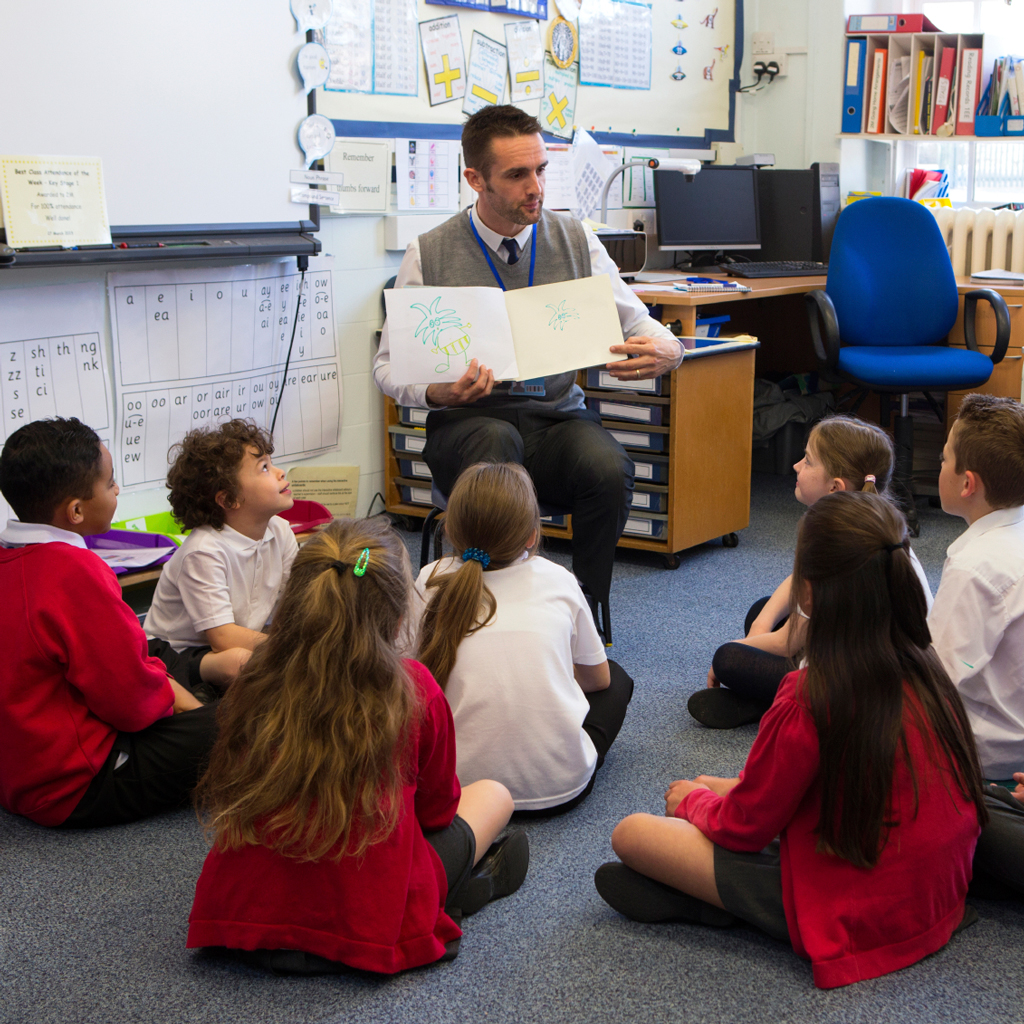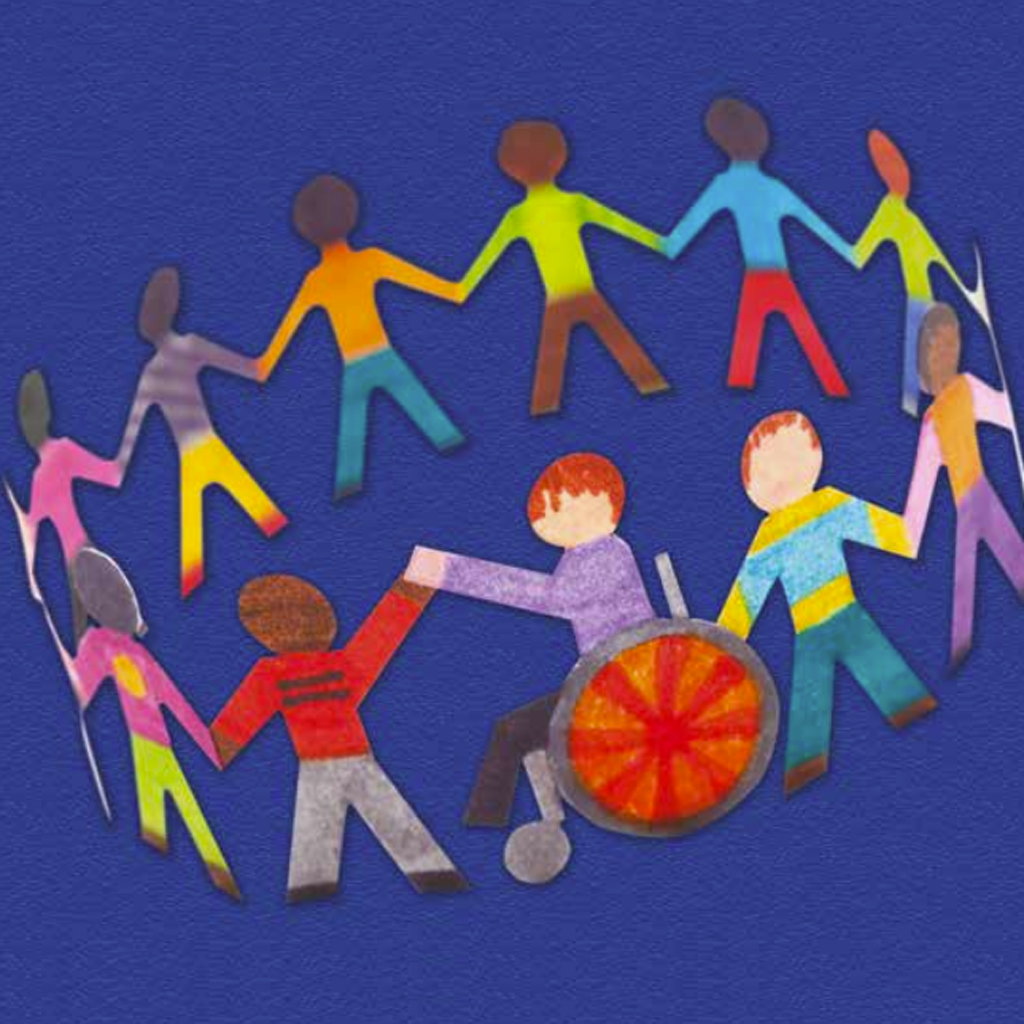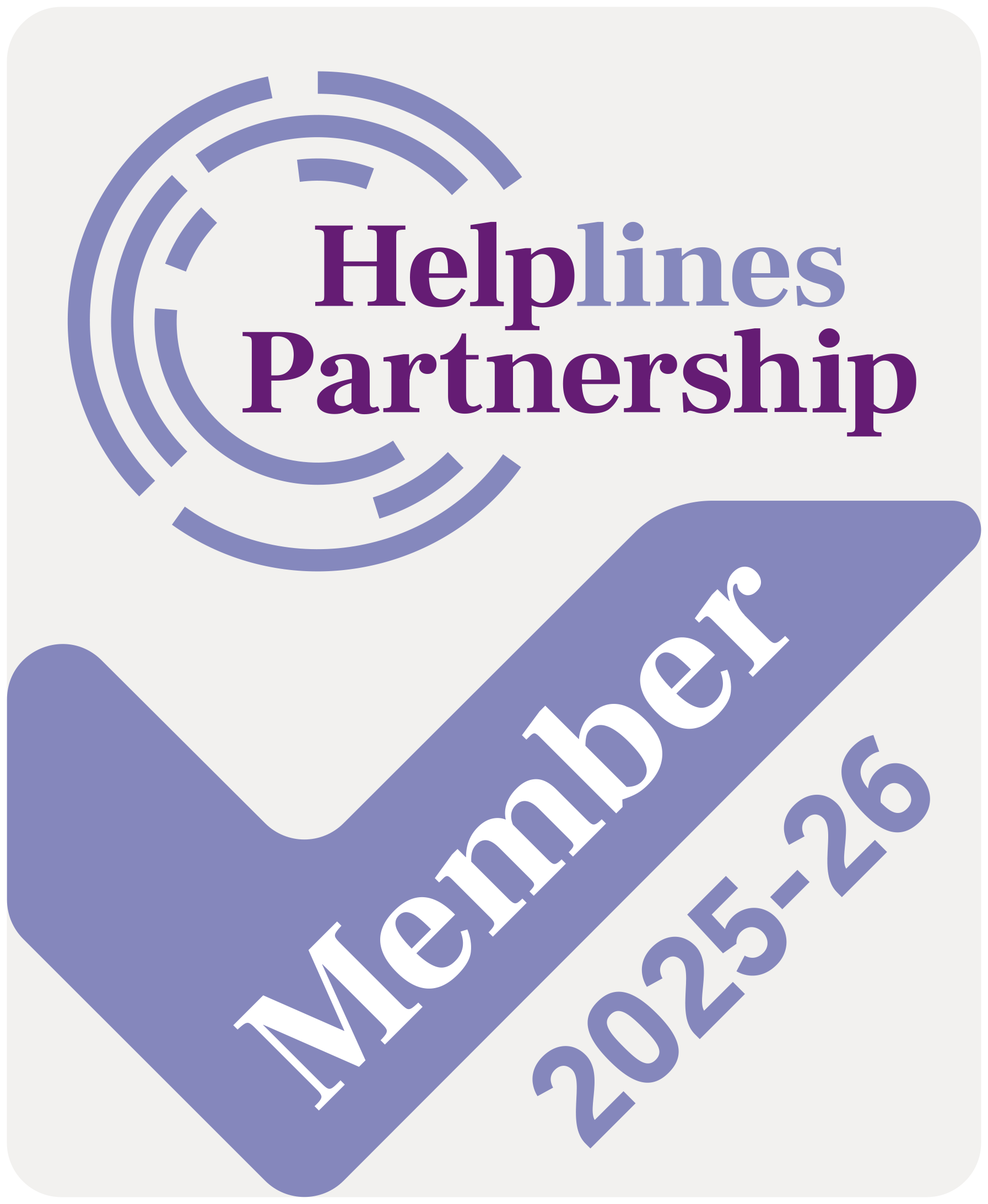EDUCATION
A genetic condition need not be a barrier to your child receiving a full and satisfying education. They have the same rights to schooling as other children.
There are more decisions as a parent for you to make and careful consideration has to be given at each stage to make sure those are right for your child.
Here we look at your child’s rights, the types of school they might attend, how they get there and tackling the all-important Statement of Special Educational Needs.
We’ll point you in the direction of some helpful downloads and further resources that might help make education rewarding and even fun for your child.

Your child’s right to education
When making decisions about your child’s education, remember that they are entitled to a full and rewarding education in every way that a child without disability is and that this right is enshrined at the very highest level, by the United Nations Convention on the Rights of the Child.

Choosing a school and home schooling
For children with a genetic condition the choice is wider than that open to regular children from the outset because in state education you have both mainstream and special school options. If your child has a Statement of Special Educational Needs then you have the right to choose which one you want them to attend.

Education Health Care Plan (EHCP)
An EHCP is a vital document that describes a child’s special educational needs (SEN) as agreed by parents, school and the local authority and ensures that provision is made to meet those needs.

Transport to school
If you child is of compulsory school age and they have a genetic condition resulting in Special Educational Needs, or a disability or mobility problem that affects their ability to walk to school, then you should be eligible for free transport to school by your Local Education Authority.

Therapies for children
For many children with genetic conditions which cause learning disabilities and severe physical disabilities therapy IS their education. Whatever the level of your child’s needs, if the right therapies are in place they will enable your child to access classes so much better and enhance their lives in general.

Transition
Just when you think you’re beginning to unravel the tangled threads of children’s services, you realise, at 16 years of age, your son or daughter will become an adult and everything will change again.





